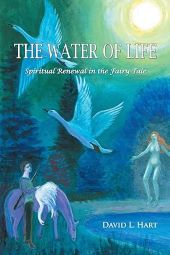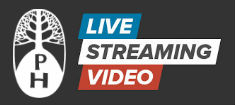Synopsis
“The intensive study of Jungian psychology was amplified by another subject, taught continuously while I was a student at the Jung Institute in Zurich, Switzerland: the psychology of fairy tales. The study of fairy tales was the specialty of a fairly young, single woman, Dr. Marie-Louise von Franz. She lectured to us English-speaking students in well-spoken English, and the conviction and power of her voice made me feel how deep and meaningful these stories were to her. Not only that, I, myself, was immediately, deeply affected by the convincing, spiritual reality that was being presented to me in the stories themselves. It was as if the reality of life came out here in a wholly new form, untouched by the standard accepted form of common life.
What most struck me, I think now, was the following realization: here, in this story, is a completely insoluble problem. I want to follow it all the way through and, to my surprise, finally feel that this problem has been solved. This outcome has been both essential and unbelievable to me. As one who felt that life posed just such an insoluble problem, I found the typical fairy tale both impossible and incredible. I found in fairy tales a healing presence and possibility for the terror of my own early life. This is the unexpressed feeling that kept me fastened on the totally unexpected subject of fairy tales.” —David L. Hart
An expansion of the author’s revisionist pamphlet, The Psychology of a Fairy Tale (PHP #210).






